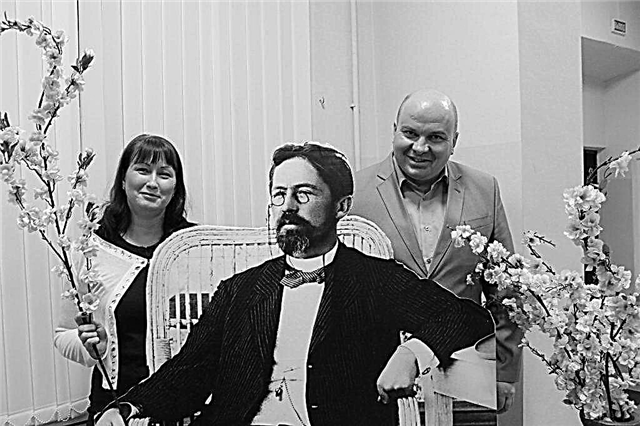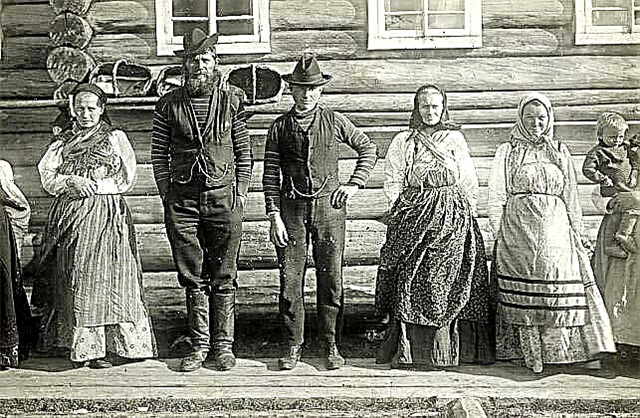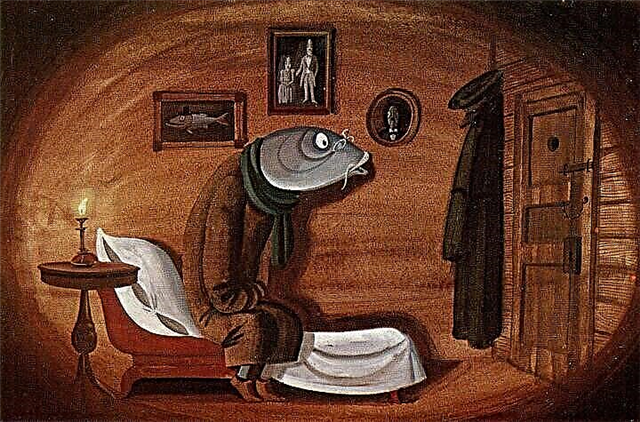(356 words) The comedy “Woe from Wit” is one of the first plays of Russian literature in the genre of realism, which is expressed primarily in the typification of the characters. However, there is a heroine in the work that caused critics and readers a lot of questions - and this is Sophia.
Perhaps, Sofya Pavlovna Famusova is the only character who is close to Chatsky in terms of intelligence. She knows how to truly feel, but her love takes on an ugly development - Molchalin, a quiet, calm employee of her father who skillfully plays passion, becomes the chosen one of the girl. He sucked up to everyone: to Famusov - to get a promotion; to Sofya - in the hope of strengthening his position in the house; to the servant Lisa - so that in case of what she could help, etc. It would seem that the girl should have seen insincerity in him, but love prevents her. Perhaps she imagined herself to be the heroine of French novels, hiding from her father and secretly meeting with Molchalin.
Seventeen-year-old Sophia knows that she is pretty. She is an enviable bride - beautiful and not poor, so she understands that Famusov will never accept her choice. As a child, the girl had feelings for Chatsky, but he left her, causing her pain. Arriving at her house, Chatsky first humiliated the man whom Sofia fell in love with, and the society in which the heroine grew up. For this, she takes revenge on him and hints at his madness, which later becomes a rumor.
Sophia has a strong and independent character, she is an imperious and decisive girl. And he chooses a comfortable person - soft and meek. She did not like Chatsky’s audacity at all, and she appreciated the absence of this quality in Molchalin. “There is less insolence in you than the curvature of the soul,” she says when she witnessed the flirtation of her chosen one with a servant. Sophia was disappointed in Molchalin, but most likely she will continue to choose men of this type: timid, insincere, duplicitous, but accepted by the light. The heroine, no matter how clever and educated, still remains a part of Famus society. Chatsky was pained to realize how, with her living nature and intellect, Sophia accepts the rules of light and becomes a typical young lady.
Sophia is the heroine of everyday drama, not social comedy. She cannot distinguish real feelings from false ones, because grew up among lies and hypocrisy. I. A. Goncharov noted that her “moral blindness” is a common feature of her circle, and not a personal vice. A girl is not able to distinguish reality from her dream, so her love ends so sadly.






 Life as a startup
Life as a startup




